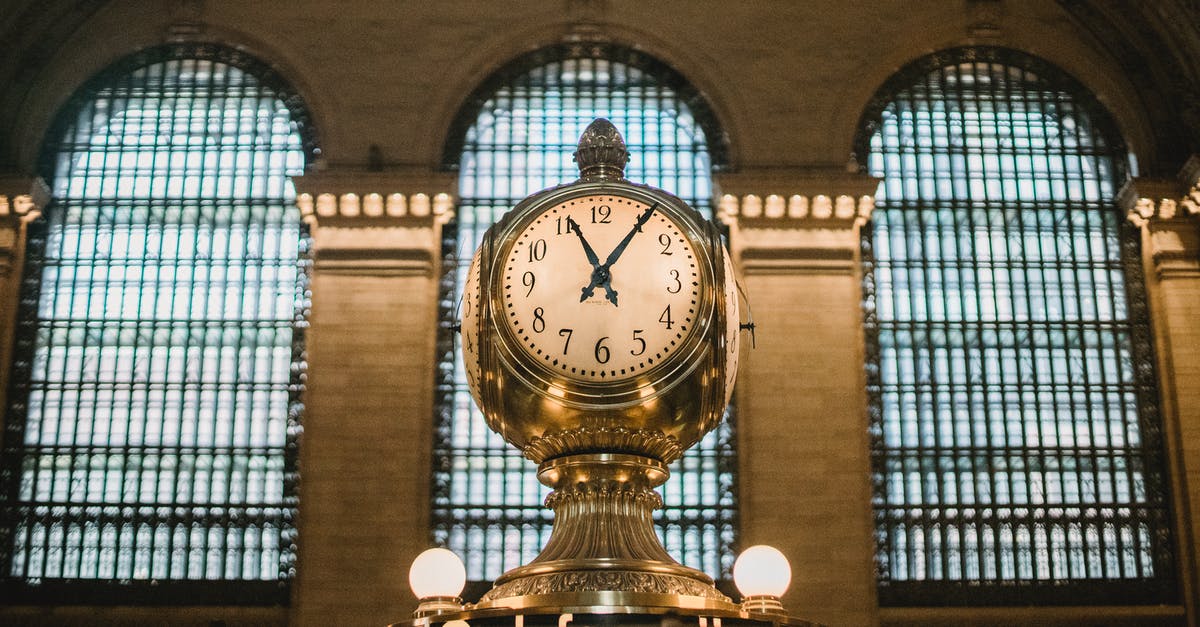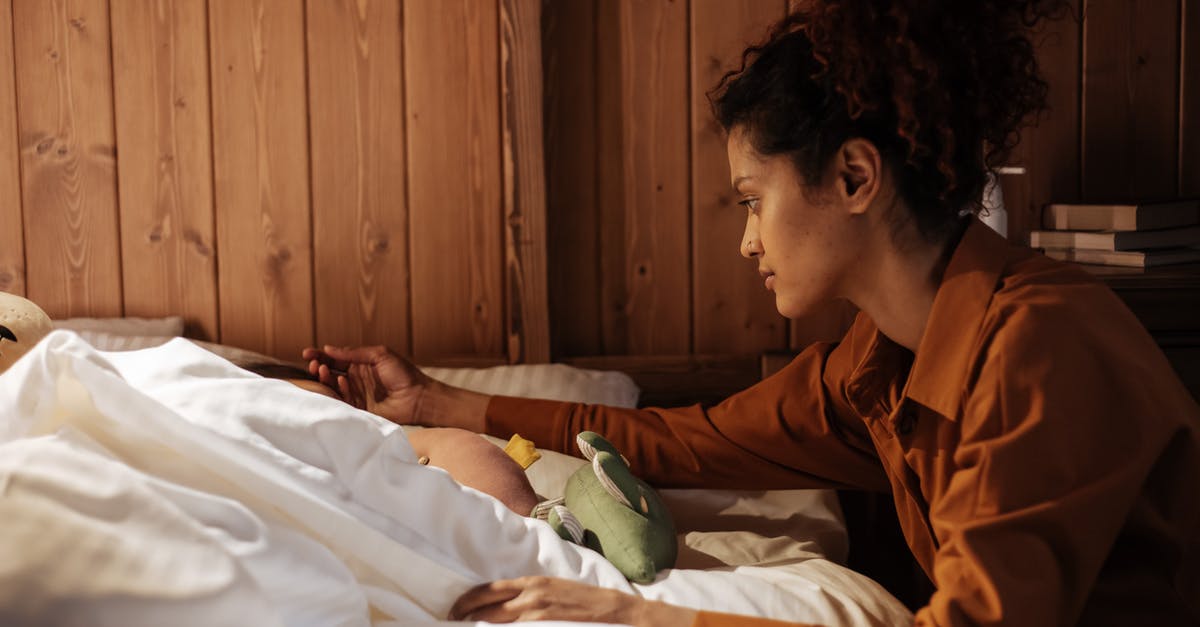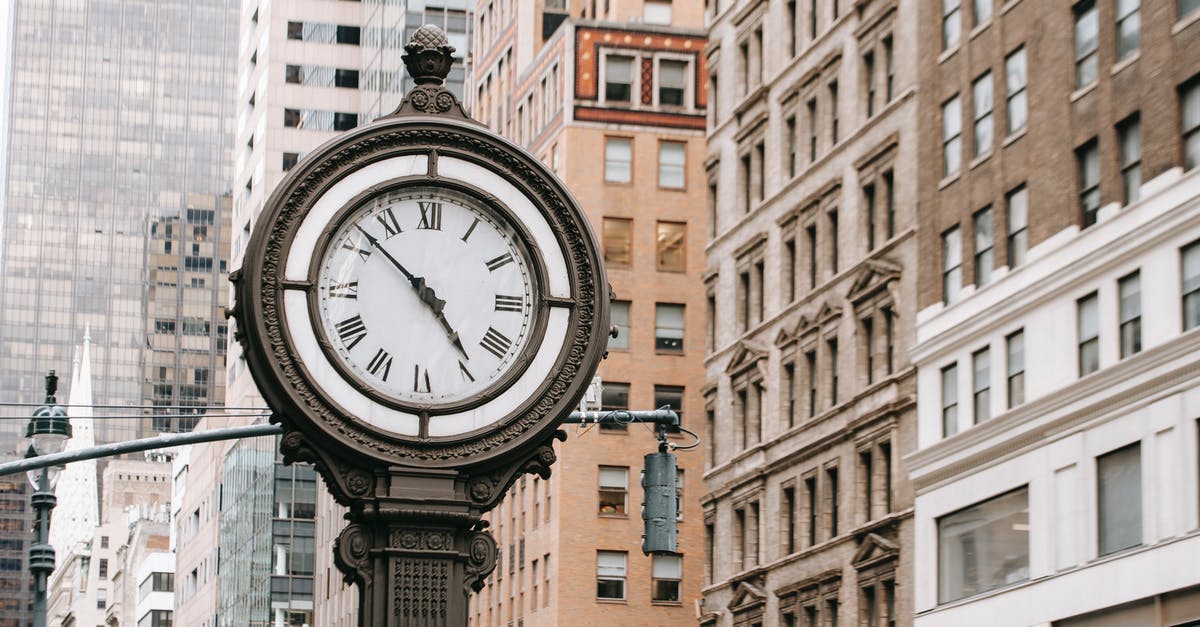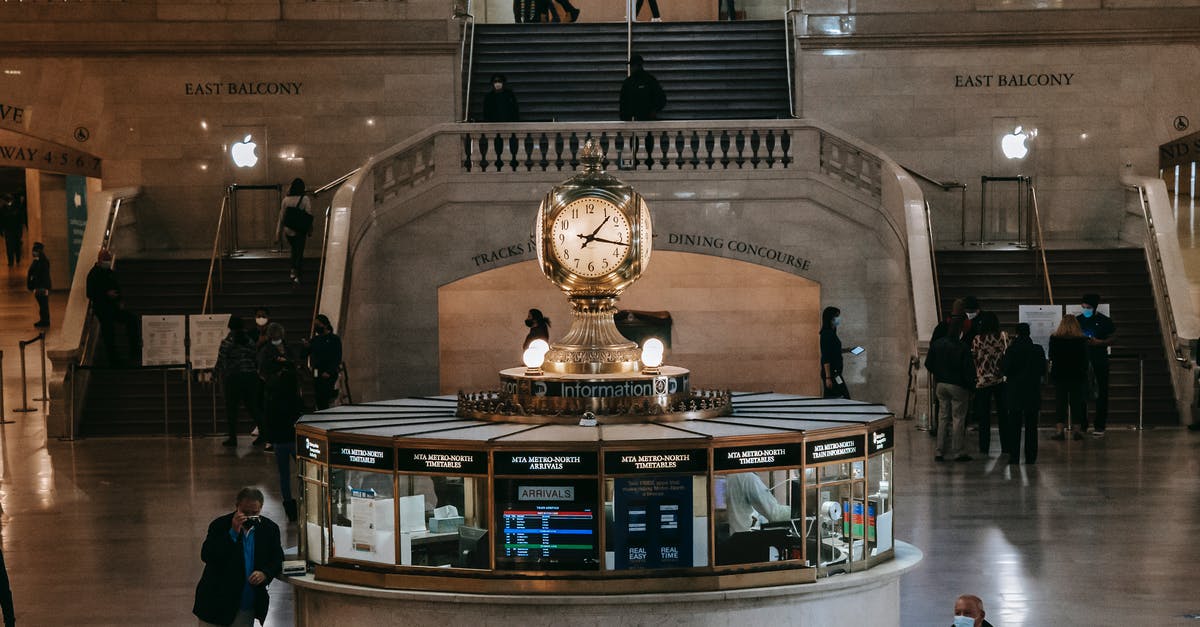US visa denied second time under section 214(b)

I applied again for the visit visa after rejection. The reason I was told before was that I am unemployed, I haven't traveled alone internationally and I am not graduated.
Now for a background I applied for a visit visa for clinical electives but it got denied. I applied again with the employment letter, recent travel to UAE and letter from the hospital but this time he said you don't qualify for a visa. I asked is there a specific reason, he said this letter will explain the reason and handed me the white letter.
Now I am clueless of what to do. I have this one time chance to do electives and one observer-ship as well. Anyone with any advice would be helpful.
Best Answer
US visa denied second time under section 214(b)
Section 214(b) of the Immigration and Nationality Act says that applicants for non-immigrant visas must show evidence that they will not immigrate.
Some causes for refusal include
- limited ties to home country (young, unmarried, unemployed, rural, no property)
- students lacking adult-like ties to home country
- match profile of people who previously entered on a visit-visa and stayed.
- pattern of long visits suggest intent to live in USA
and many others
Now I am clueless of what to do.
I think you either need to pay for expensive professional help (but be careful not to get tricked by fraudsters claiming they can help) or give up on this one-time opportunity, either look for opportunities elsewhere or hope that new opportunities arise when you have taken time to establish strong ties to your home country.
Typical guidance from a US embassy is
Under Section 214(b) of the Immigration and Nationality Act (INA), applicants are presumed to be intending immigrants unless they credibly demonstrate, to the consular officer’s satisfaction, that their economic, family, and social ties outside the United States are strong enough that they will depart at the end of their authorized stay and that their intended activities in the United States will be consistent with the visa status.
If your application for a visa has been refused under Section 214(b) INA, there is no appeal process. While you are not prohibited from reapplying for a visa, unless you can show credible, new, and compelling ties outside the United States, and that your intended activities in the United States are consistent with the visa class, a different outcome is unlikely.
Note the need for credible, new and compelling reasons.
Pictures about "US visa denied second time under section 214(b)"



Is a refusal under section 214 B permanent?
Is a refusal under section 214(b) permanent? No. A refusal, or ineligibility, under section 214(b) is for that specific application, so once a case is closed, the consular section cannot take any further action. There is no appeal process.What does 214 B rejection mean?
Applicants refused nonimmigrant visas are handed standard rejection letters stating that the reason they were denied is because they lack strong ties to their home countries or do not meet the standards for issuance of the visa.What is Section 214 B of the US Immigration and Nationality Act?
Under Section 214(b) of the Immigration and Nationality Act (INA), applicants are presumed to be intending immigrants unless they credibly demonstrate, to the consular officer's satisfaction, that their economic, family, and social ties outside the United States are strong enough that they will depart at the end of ...How many times can we apply for US visa after rejection?
As per some immigrant department of certain countries, you cannot reapply immediately after your visa application was rejected was because the conditions due to which it was refused will not change overnight. Hence, you can only reapply in most cases six months after the refusal of your visa application.Most Common Reasons For Visa Denial From US Visa Officers (214b Refusal Explained)
Sources: Stack Exchange - This article follows the attribution requirements of Stack Exchange and is licensed under CC BY-SA 3.0.
Images: William Fortunato, Ron Lach, Charles Parker, Charlotte May
